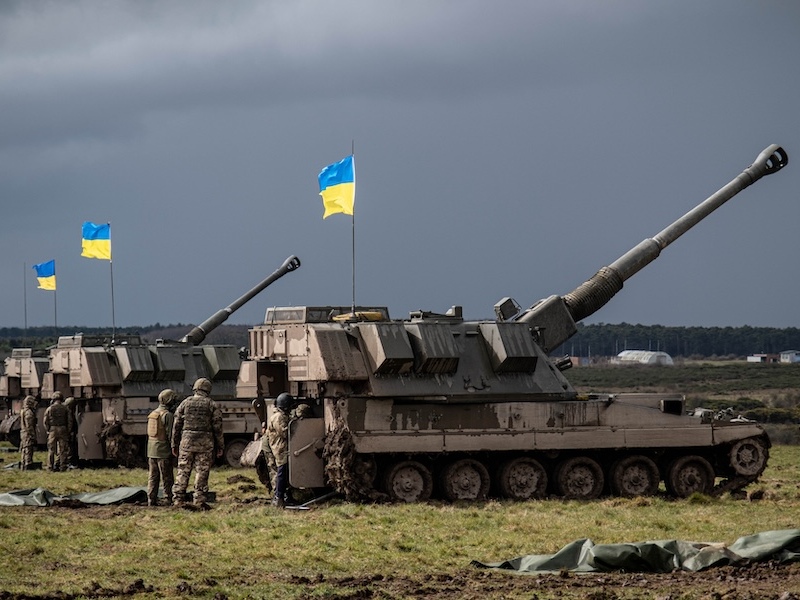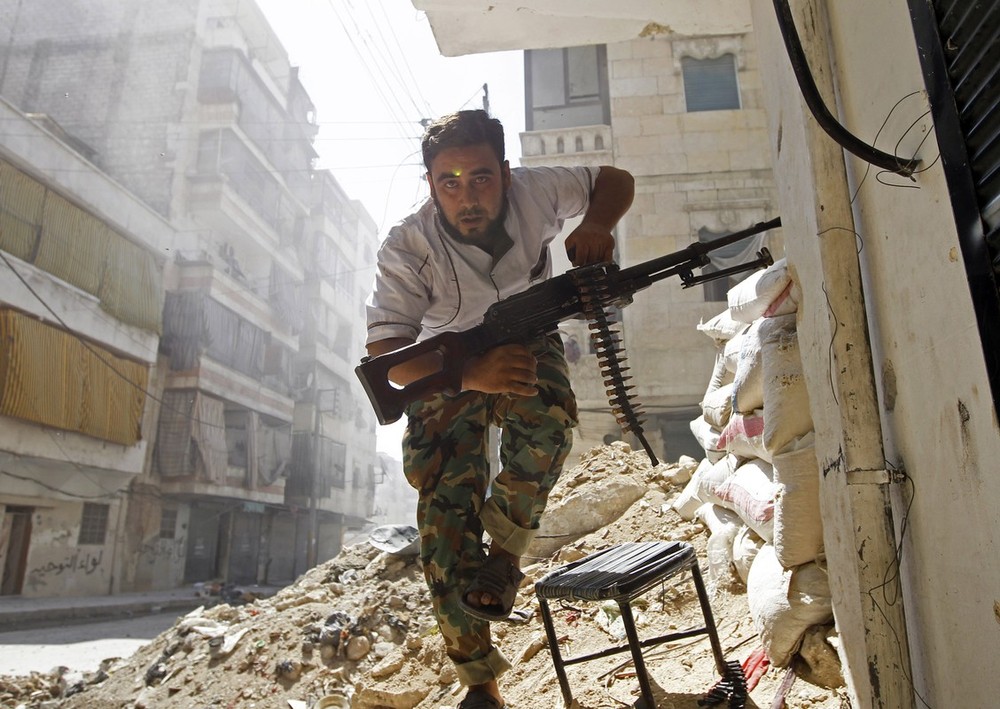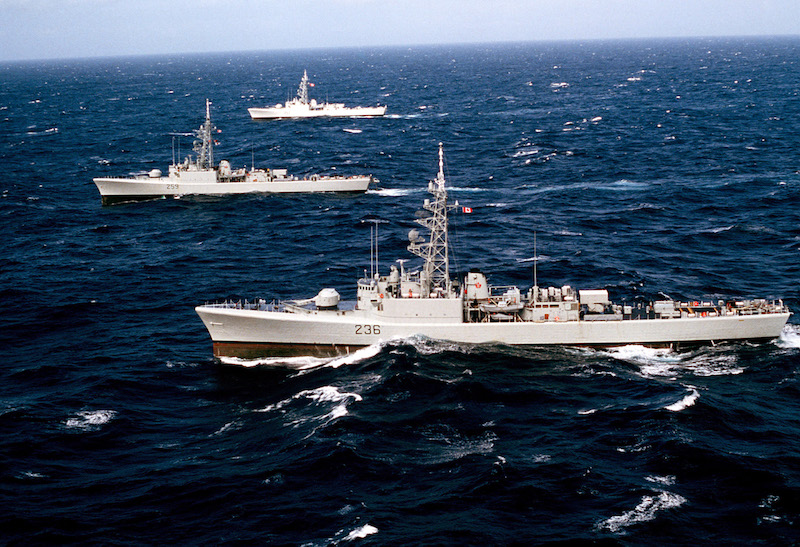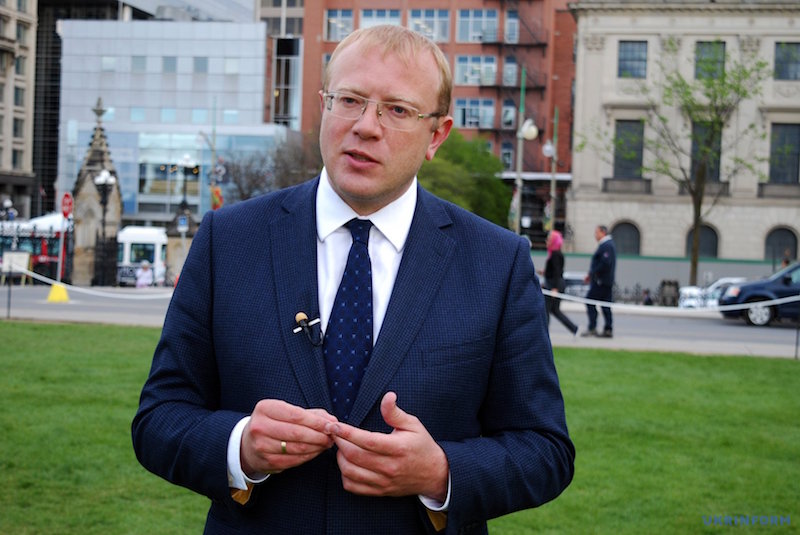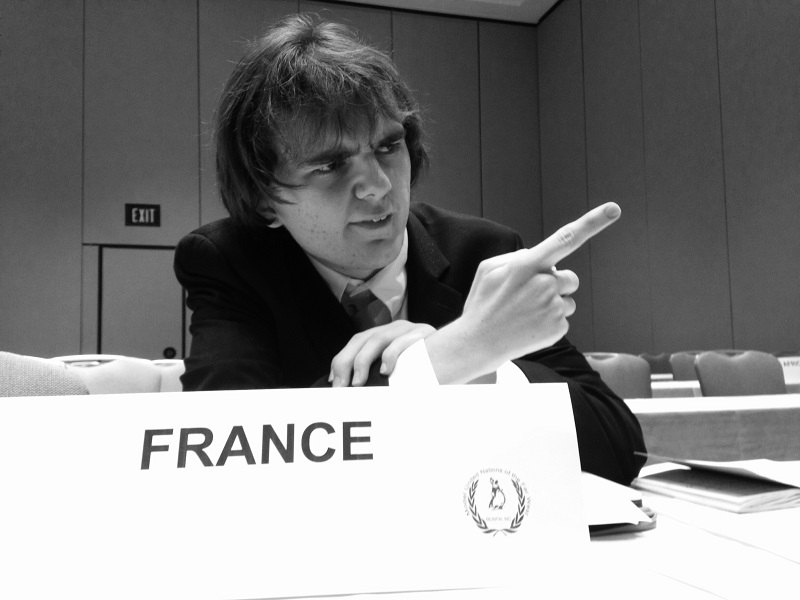In December 2024, NATO’s Security Assistance and Training for Ukraine (NSATU) took over the coordination of the provision, transfer, and repair of military equipment critical to Ukraine’s battlefield needs. While it is crucial to strengthen Ukraine’s ability to protect itself against Russian invaders, equally important is ensuring proper control over the delivered weaponry. The diversion Read More…
Tag: war
A Third Nuclear Age: Russia’s Role in Nuclear Proliferation Since the Invasion of Ukraine
At a Royal United Services Institute event in December 2024, the head of the UK military, Admiral Sir Tony Radakin, claimed that the world could be on the brink of a “third nuclear age”. Nuclear weapon proliferation is on the rise, largely driven by the Russian invasion of Ukraine. It is important to identify the Read More…
Canada’s Military Assistance to Ukraine in 2024: Key Trends
In 2024, several major developments unfolded in the Russian war on Ukraine, including Ukraine’s offensive in Russia’s Kursk Oblast, which began in August. The Ukrainian Armed Forces intensified drone attacks on Russia’s military and energy infrastructure, targeting more than 30 oil refineries. Additionally, Ukraine has rapidly transformed from receiving military aid to becoming a successful Read More…
NATO and Conventional Arms Control in the Context of the Russian War on Ukraine
One overlooked aspect of NATO’s activities is the alliance members’ commitment to conventional arms control. The NATO 2022 Strategic Concept, adopted at the Madrid Summit, highlights the importance of arms control and disarmament for global security Conventional arms control measures include efforts such as the reduction of troops or even the total abolition of armed Read More…
The Economic State of Syria
The Syrian Civil War is drawing to a close, and at long last. Since its inception in March of 2011, the conflict has provoked utter calamity on a scale not otherwise seen since World War Two. Originating from an unassuming incident, the war has spiraled out of control, with the resulting carnage leaving upwards of Read More…
Lessons from the Canada-Spain Turbot War: A Cautionary Tale of Multilateral Governance
In 1995, Canada and Spain entered into a maritime dispute off the eastern coast of Canada. Canadian warships intercepted and seized Spanish fishing vessels not obeying the quotas of multilateral institutions tasked with fostering intergovernmental cooperation in the area. This conflict, dubbed the Turbot War, is an example of Canada use of unilateral force when multilateralism fell short. Lessons from this case should be applied to the changing Far North.
Exclusive: In-depth Q&A with Ukraine’s Ambassador to Canada, H.E. Andriy Shevchenko
Ukraine’s Ambassador to Canada, H.E. Andriy Shevchenko, talks about his prior experiences as a journalist and politician, and why he believes Russia poses an existential threat to the West.
Drawing lines in the sand: why partitioning Syria may be the only means to managing an enduring civil war
With over five years of bloodshed on all fronts of the Syrian civil war, and with no reasonable solution in sight, Jayson Derow analyzes whether the separation of ethnic groups through de facto partition is a feasible strategy to manage ethnic conflict, or is such an approach actually a conflict waiting to happen?
What’s Happening to The Refugees from Aleppo?
In this article, Mary Zelenova explores the aftermath of mass evacuations of civilians from the besieged territory of eastern Aleppo.
How to DIY a Free (or Cheaper) “Degree” in IR, Part 3: Conflict and Other Thematic Concentrations
This is the third installment of an ongoing series on creating a DIY IR “degree” through free Massive Open Online Courses (MOOCs) and academic resources. Building on the foundational materials in Part 1 and the regional concentrations in Part 2, this part will suggest thematic concentrations in particularly salient issues in international relations. War Read More…



